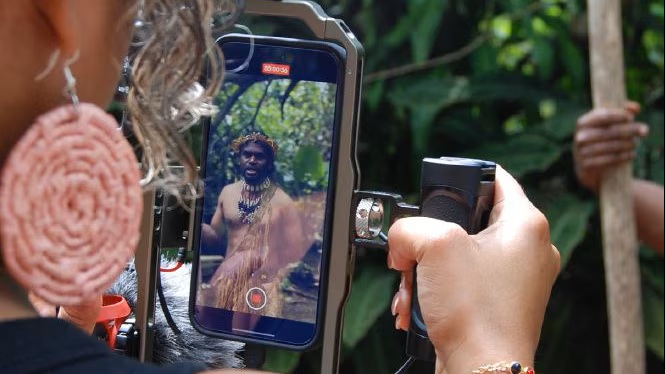Despite progress in the Pacific’s media sector, new research reveals it remains fragile due to digital disruption and continued loss of advertising revenue following the COVID-19 pandemic.
The State of the Media: Pacific research study involved more than 100 respondents across Fiji, Vanuatu, Solomon Islands, Kiribati, the Federated States of Micronesia (FSM), Republic of the Marshall Islands (RMI), Nauru, Niue, Palau, Samoa, Tonga and Tuvalu.
It builds on findings published in the 2013 State of Media and Communications report. Comparison shows a significant increase in internet access in most Pacific countries.
Fiji and Samoa now have internet access rates of 85 percent and 75 percent, respectively, a sharp rise from 2013 figures of 28 percent and 7 percent.
That surge has expanded access to news and information but has also fuelled the spread of misinformation and disinformation, a trend especially prevalent during the COVID-19 pandemic.
The issue is most pronounced in larger countries like Fiji, Solomon Islands, and Samoa, where active diasporas and a high penetration of foreign media sources contribute to the problem.
University of Adelaide lead researcher and report author Priestley Habru said the mapping research highlighted concerns about the relationship between government funding and the media’s ability to report independently.
“Many interviewed for this report say they are concerned that increased regulation, combined with funding pressures, may threaten the independence of the Pacific media sector; their ability to cover public interest news stories and hold decision-makers to account,” he said.
Habru says the report also highlights concerns over government funding’s impact on media independence.
In Nauru and Tuvalu, there are no locally owned private media outlets; all local radio and television stations are government-run.
In these countries, respondents expressed concern about the impact of government media ownership, particularly the perception that this encourages media reports to advance government agendas rather than prioritise balanced coverage and independent views.
The report also found that journalists in Pacific nations with smaller populations are more likely to avoid covering specific topics, so stories do not inadvertently cause offence to community or family members or generate societal tension.
At the time of writing, Fiji, the Republic of the Marshall Islands (RMI), Palau, and Tonga were the only countries where freedom of the media was explicit in the constitution.
The rise in internet access across the Pacific means more people have access to news and information.
The study also examined the use of artificial intelligence (AI) and found media practitioner respondents across the 12 countries are experimenting with AI tools.
However, many doubt AI’s capacity to represent Pacific names, languages, and culture accurately.
The report was conducted by Pacific researchers at the Stretton Institute at the University of Adelaide, with oversight from the Australian Broadcasting Corporation’s International Development unit (ABCID). This research is part of the Pacific Media Assistance Scheme (PACMAS), an Australian aid initiative implemented by ABCID on behalf of the Australian Government.
Papua New Guinea was not included in the study because independent research on the PNG media landscape is regularly conducted under ABCID’s PNG-focused programme, the Media Development Initiative.














